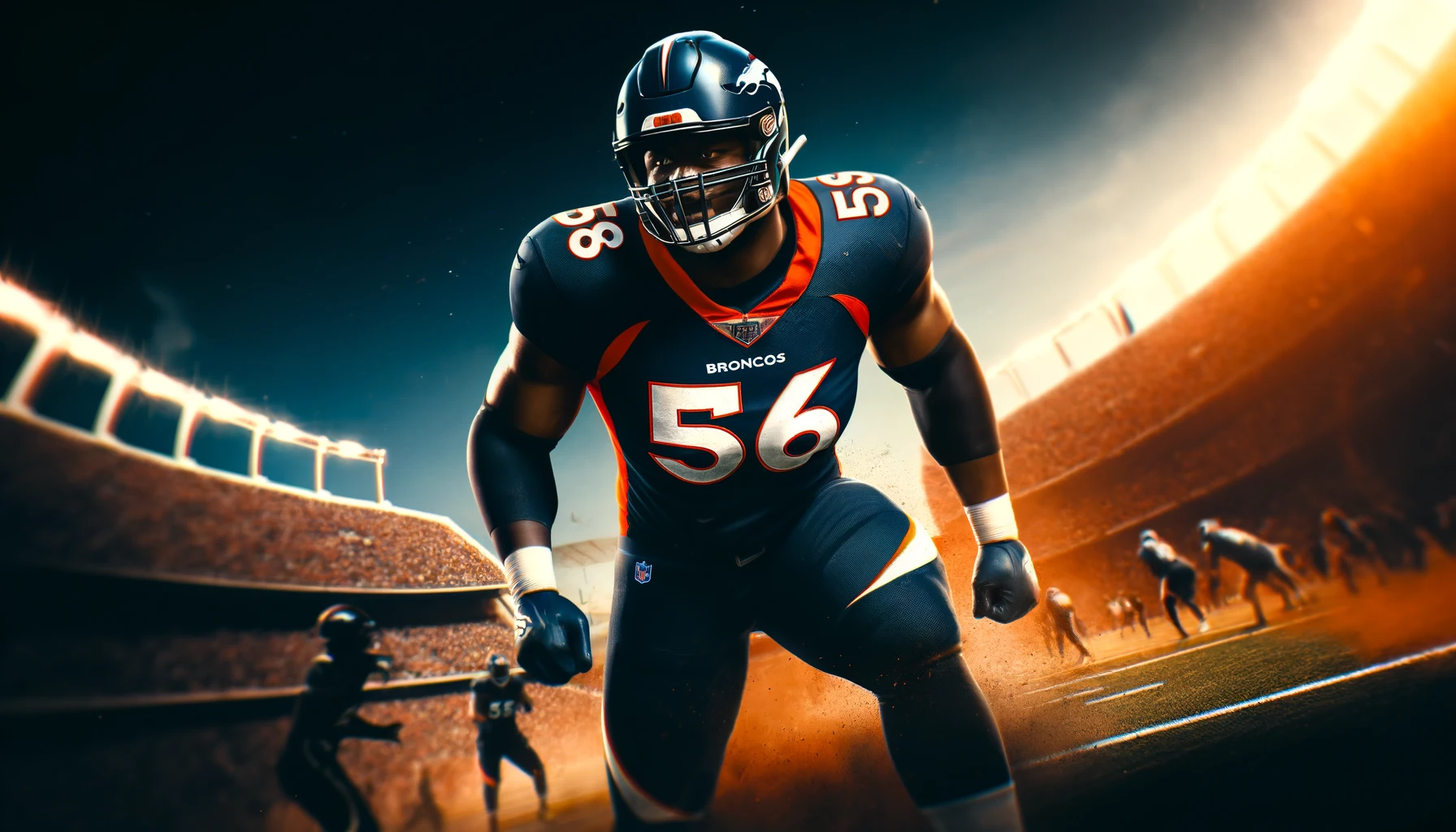In a groundbreaking lawsuit filed on Wednesday, Randy Gregory, a former linebacker for the Denver Broncos, alleges that the National Football League (NFL) and the Colorado team obstructed his access to prescribed synthetic cannabis, penalizing him for testing positive for the substance. This legal battle highlights a significant clash between professional sports regulations and modern medical treatments.
Background of the Case
Randy Gregory, currently a linebacker for the Tampa Bay Buccaneers, has been prescribed Dronabinol, an FDA-approved medication containing THC, the psychoactive compound found in marijuana. Despite its medical approval, the NFL prohibits THC, leading to substantial fines and penalties for Gregory. The athlete’s legal complaint outlines his struggle to manage multiple health conditions, including PTSD and social anxiety disorder, through the use of this medication.
Drafted by the Dallas Cowboys in 2015, Gregory signed a lucrative five-year, $70 million contract with the Broncos in March 2022, only to be released last fall. He joined the Buccaneers in April 2023. Gregory’s journey underscores the tension between professional athletic commitments and personal health management.
The Lawsuit’s Core Allegations
Gregory’s lawsuit, filed in Arapahoe County, Colorado, seeks justice for what he describes as disability discrimination by the NFL. The complaint states that the league denied his request for a therapeutic use exemption for Dronabinol and imposed fines totaling $532,000 for THC-positive drug tests. Despite these penalties, Gregory was expected to continue fulfilling all professional obligations, including playing in games and attending practices.
The 14-page complaint details how Dronabinol has been essential for Gregory’s ability to perform under pressure, study playbooks, and interact effectively with teammates and media. The NFL’s refusal to accommodate his medical needs, he argues, has been detrimental to his career and well-being.
Legal and Social Implications
Gregory’s lawsuit not only seeks financial compensation but also calls for a jury to recognize the NFL’s violation of his rights under the Colorado Anti-Discrimination Act. This case could set a precedent for other athletes facing similar challenges and contribute to the ongoing dialogue about the role of cannabis in sports medicine.
The Drug Enforcement Agency currently classifies Dronabinol as a Schedule II substance, while cannabis remains a Schedule I drug federally. However, Colorado has legalized cannabis for medicinal use since 2000. The evolving legal landscape, including the U.S. Department of Justice’s recent announcement to reclassify the drug as a Schedule III substance, adds complexity to Gregory’s case.
Broader Impact on the NFL and Sports Medicine
Gregory’s case may prompt a reevaluation of the NFL’s drug policies, particularly concerning substances that are legal and medically prescribed in several states. The potential shift could pave the way for more inclusive and health-conscious practices within professional sports leagues.
Representatives from the NFL and the Broncos have yet to comment on the lawsuit. Gregory is represented by Denver attorney Spencer Kontnik of Kontnik Cohen, who emphasizes the need for the NFL to adapt its policies to align with current medical standards and state laws.
Conclusion
Randy Gregory’s legal battle against the NFL highlights critical issues at the intersection of sports, medicine, and law. As this case unfolds, it could significantly impact the future of cannabis use in professional sports, setting new standards for athlete health and well-being.










